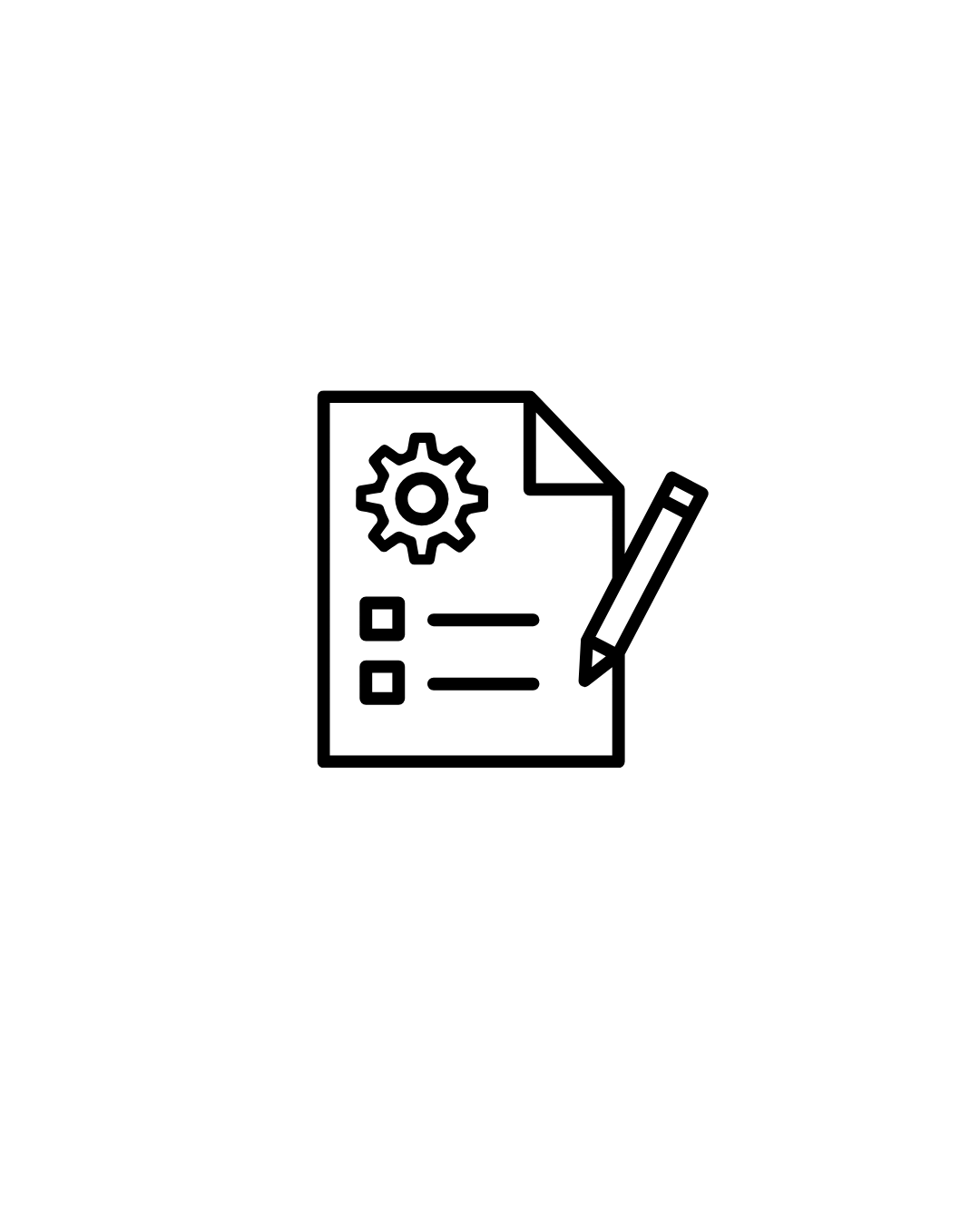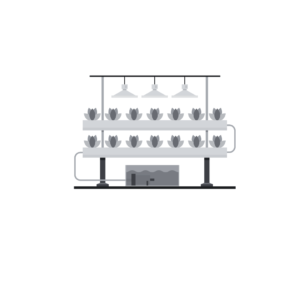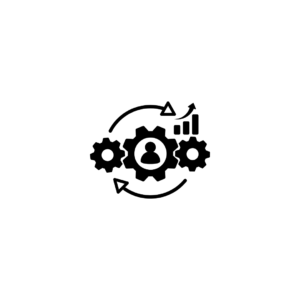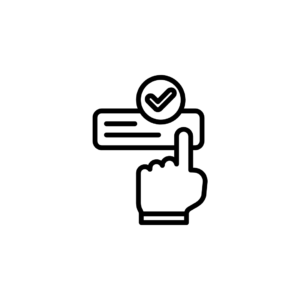Description
An Advanced Diploma in Hospital Documentation and Records Management focuses on equipping students with the skills necessary to manage patient records and documentation processes within healthcare facilities. This program is crucial for ensuring that patient information is accurately documented, securely stored, and easily accessible, which is vital for maintaining quality care and compliance with regulations.
Course Details:
Duration: Typically 1 to 2 years, depending on the institution and the specific structure of the program.
Eligibility: A high school diploma or equivalent is usually required; candidates with a background in healthcare, administration, or information management may have an advantage.
Mode of Study: Offered in full-time, part-time, or online formats, with a mix of theoretical coursework and practical training.
Curriculum:
The curriculum for an Advanced Diploma in Hospital Documentation and Records Management generally includes the following key areas:
1. Introduction to Healthcare Documentation
Principles of Documentation:
Understanding the importance of accurate and comprehensive health documentation in patient care.
Types of Medical Records:
Overview of various types of medical records, including electronic health records (EHR), paper records, and specialty documentation.
2. Health Information Management
Health Information Systems:
Introduction to digital health information systems and their role in managing patient data.
Data Entry and Management:
Techniques for accurate data entry, coding, and maintaining patient records.
3. Legal and Ethical Aspects of Medical Records
Healthcare Regulations:
Understanding laws and regulations governing patient privacy and records management, including HIPAA and other relevant standards.
Ethical Considerations:
Ethical challenges related to patient documentation, confidentiality, and data sharing.
4. Record Keeping Practices
Standard Operating Procedures:
Development and implementation of standard procedures for handling medical records in various settings.
Retention and Disposal:
Guidelines for the proper retention, storage, and disposal of patient records in compliance with legal requirements.
5. Quality Assurance in Documentation
Quality Control Techniques:
Methods for ensuring the accuracy, completeness, and consistency of health records.
Audits and Compliance:
Conducting audits of documentation practices to ensure compliance with internal policies and external regulations.
6. Electronic Health Record (EHR) Management
EHR Systems Overview:
Understanding the features, benefits, and challenges associated with electronic health records.
EHR Implementation and Training:
Strategies for effective implementation of EHR systems and training staff on their use.
7. Data Privacy and Security
Cybersecurity in Health Records:
Protecting patient data from unauthorized access and breaches.
Information Governance:
Establishing policies and practices to ensure the integrity and security of health information.
8. Practical Training and Field Experience
Internships:
Opportunities for practical experience in healthcare settings, allowing students to apply their knowledge in real-world situations.
Project Work:
Assignments that may involve analyzing documentation processes or developing improvements for record management systems.
Assessment:
Assessment methods in this program may include:
Written Exams:
Testing understanding of theoretical concepts related to documentation and records management.
Practical Assignments:
Hands-on assignments that demonstrate proficiency in managing health records and utilizing health information systems.
Group Projects:
Collaborative work focused on case studies or improvements in hospital documentation practices.
Career Opportunities:
Graduates of the Advanced Diploma in Hospital Documentation and Records Management can pursue various career paths, including:
Health Information Technician: Managing and organizing health information systems and patient records.
Medical Records Clerk: Handling patient documentation, ensuring accurate record keeping in healthcare settings.
Compliance Officer: Ensuring that healthcare facilities comply with regulations related to patient records and documentation.
EHR Specialist: Working with electronic health record systems to facilitate data management and compliance.
Records Manager: Overseeing the operation of a hospital?s documentation and records management department.
This advanced diploma program prepares students for critical roles in healthcare documentation and records management, emphasizing accuracy, security, and compliance. If you have any further questions or need more information, feel free to ask!









